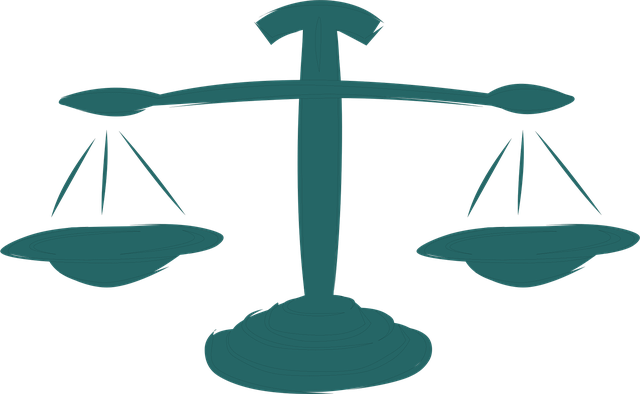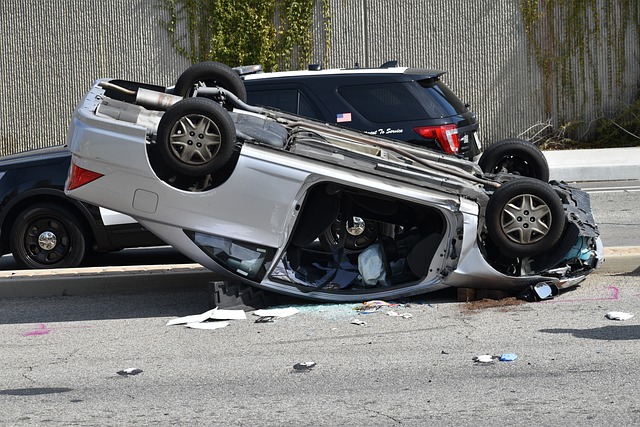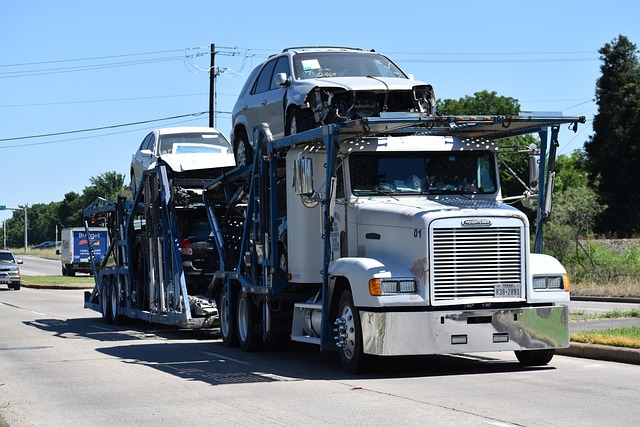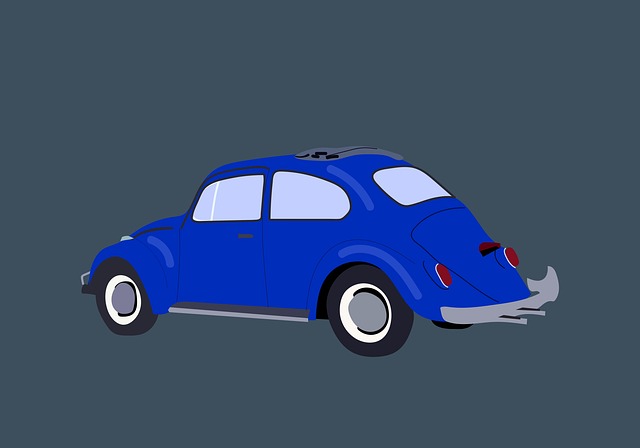After a car accident, a car crash lawyer advocates for the victim's rights, investigating, gathering evidence, and crafting legal strategies for fair compensation. Insurance adjusters, on the other hand, assess damages and negotiate settlements while prioritizing cost containment for their insurer. Both roles are crucial in resolving claims, with differing objectives: one protects the victim, the other safeguards the insurance provider's financial well-being. Engaging a car crash lawyer provides guidance, ensures rights are understood, and navigates complex post-accident procedures, including dealing with insurance adjusters and securing compensation for damages, medical expenses, and pain and suffering.
After a car crash, navigating the aftermath can be overwhelming. Two key figures often involved are the car crash lawyer and the insurance adjuster. Understanding their distinct roles is crucial for victims seeking justice. While the adjuster represents the insurance company, focusing on settlement offers, a car crash lawyer fights for your rights and pursues compensation for medical bills, damages, and more. This article explores these roles, post-crash interactions, and the legal avenues available to you as a victim.
- Understanding Roles: Lawyer vs. Insurance Adjuster
- Post-Crash Interactions: Expectations and Rights
- Navigating Negligence: Legal Recourse for Victims
Understanding Roles: Lawyer vs. Insurance Adjuster
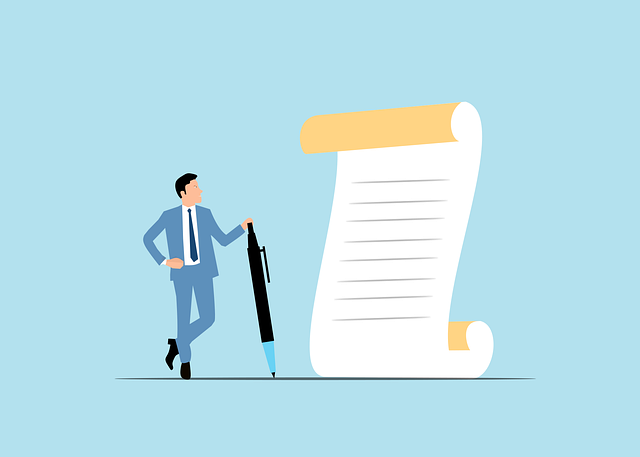
In the aftermath of a car crash, individuals often find themselves navigating complex legal and financial landscapes. Two key players in this process are the car crash lawyer and the insurance adjuster. Each has distinct roles that significantly impact the outcome of a claim.
A car crash lawyer, also known as a personal injury attorney, specializes in representing victims of traffic accidents. Their primary role is to advocate for the rights and interests of their clients, ensuring they receive fair compensation for any injuries, losses, or damages sustained during the crash. They delve into the specifics of the incident, gathering evidence, interviewing witnesses, and constructing a legal strategy tailored to their client’s unique circumstances. In contrast, an insurance adjuster works on behalf of the insurance company, aiming to assess and settle claims efficiently while minimizing costs for their employer. Their focus is on evaluating the damages, determining liability, and negotiating settlements or denials based on policy terms and applicable laws. While both are crucial in resolving car crash-related issues, they have contrasting objectives—one aims to protect the victim’s interests, and the other seeks to protect the financial interests of the insurance provider.
Post-Crash Interactions: Expectations and Rights

After a car crash, interactions between involved parties can significantly impact the outcome of insurance claims and legal proceedings. Individuals who’ve been in an accident often find themselves facing complex situations, especially when dealing with an insurance adjuster and considering their legal options. Understanding one’s rights and expectations during this time is crucial.
When interacting with an insurance adjuster, it’s essential to be prepared and know that these conversations can affect your claim’s success. A car crash lawyer can educate you on your rights, ensuring you’re not misled or taken advantage of. They guide clients through the process, helping them provide accurate information without sacrificing their legal standing. This is particularly important as insurance adjusters often aim to minimize claims, and a qualified attorney can prevent potential pitfalls that may arise from employment contracts, homeowner insurance claims, or real estate disputes related to the accident.
Navigating Negligence: Legal Recourse for Victims

After a car crash, victims often face a complex landscape when seeking justice and compensation. Understanding your legal options is crucial in this challenging time. A skilled car crash lawyer can play a pivotal role in navigating the aftermath of an accident, especially when dealing with negligence. These legal professionals are adept at evaluating the circumstances surrounding the crash and determining liability.
When a driver’s negligence leads to a car accident causing personal injuries, victims have the right to pursue personal injury claims. A dedicated car accident lawyer will help gather evidence, including medical records and witness statements, to build a solid case. They will negotiate with insurance adjusters on behalf of their clients, ensuring fair compensation for damages, medical expenses, and pain and suffering. In cases where the negligence is extreme or results in severe injuries, such as those seen in slip and fall incidents, a lawyer’s expertise can be invaluable in securing substantial settlements or verdicts.
When facing the aftermath of a car crash, knowing the difference between a car crash lawyer and an insurance adjuster is crucial. While adjusters focus on settling claims with insurance companies, a qualified car crash lawyer advocates for your legal rights and ensures you receive fair compensation. Understanding these roles empowers victims to navigate the complex process, especially when dealing with negligence. If you’ve been involved in a collision, recognizing your rights and seeking expert legal counsel can be instrumental in securing the justice you deserve.
